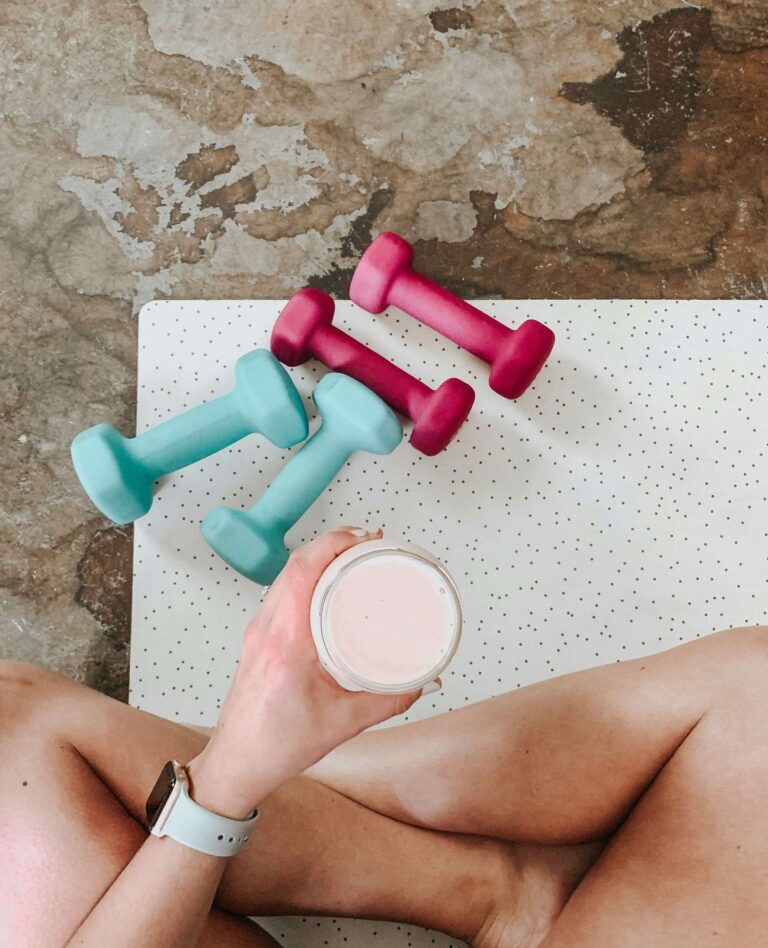Estrogen is the queen of all hormones when it comes to women’s health. It plays a crucial role in regulating a number of physiological processes, including the menstrual cycle, pregnancy, and menopause, as well as maintaining bone health, cardiovascular health and maintaining muscle mass.
This is why, during menopause, the risk for osteopenia increases as calcium absorption into bones decreases. Estrogen’s role in maintaining muscle mass also decreases as women reach menopause and this is often the cause of women feeling weaker.
Estrogen also plays a role in the distribution of body fat and helps to promote the storage of fat in the hips, thighs, and buttocks – that “pear-shaped” figure. However, when the levels of estrogen decline, such as during menopause, the body’s fat distribution may shift, leading to more fat being stored in the abdominal area, which is associated with a higher risk of health problems such as metabolic disorders, diabetes and heart disease.
But it’s not all doom and gloom ladies, because here’s what you can do about it, whatever age you’re at!
Exercise:
Strength training will help you maintain and build muscle mass having a positive effect on your body composition and metabolism. It’ll also help prevent osteopenia and improve your bone density, mobility and strength.
- Strength training 2-3x per week for 30-45mins
- Lifting heavy weights for 6-10 repetitions
- Ensuring safe technique to avoid injuries
Nutrition:
Eating a healthy, balanced diet rich in fruits, vegetables, lean protein, and wholegrains can help to promote overall health and well-being during menopause.
- Prioritising protein in every meal to support muscle mass synthesis
- Loading up on plenty of fresh veggies
Lifestyle Changes:
Such as quitting smoking, limiting alcohol consumption, getting enough sleep and managing stress levels can also help to alleviate menopausal symptoms and promote overall health and well-being.
- Choose your occasions when it comes to alcohol
- Do not skimp on good quality sleep! 7-8hr every night to promote recovery, hormone regulation and a whole heap of other metabolic processes!
- Prioritising self-care practices, mindfulness and self-compassion to lower stress levels







